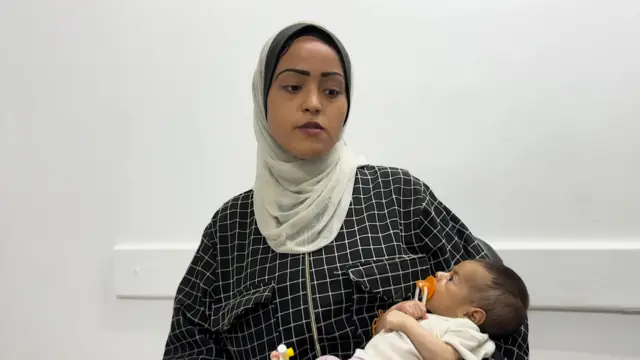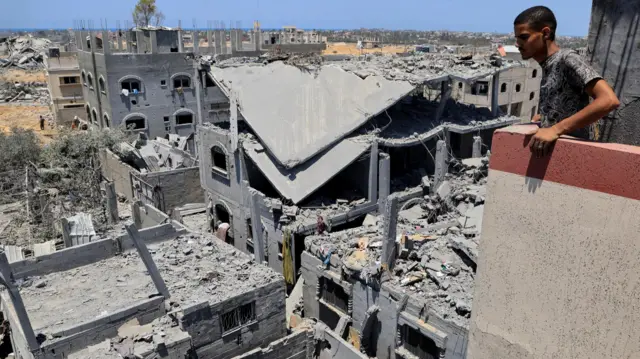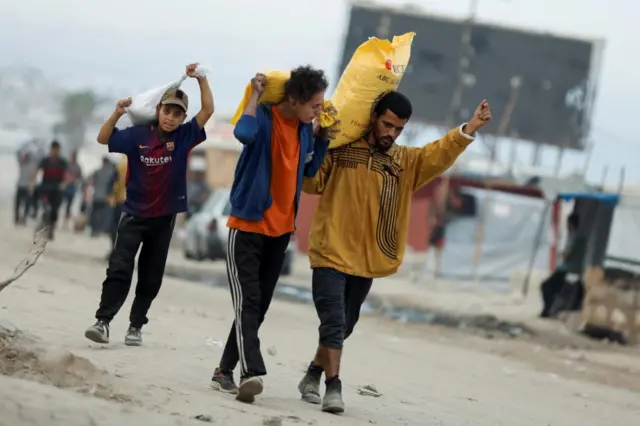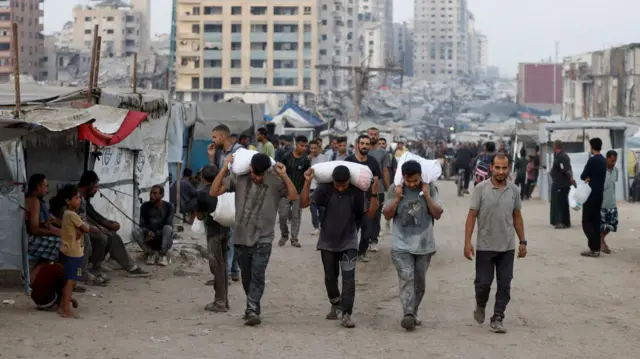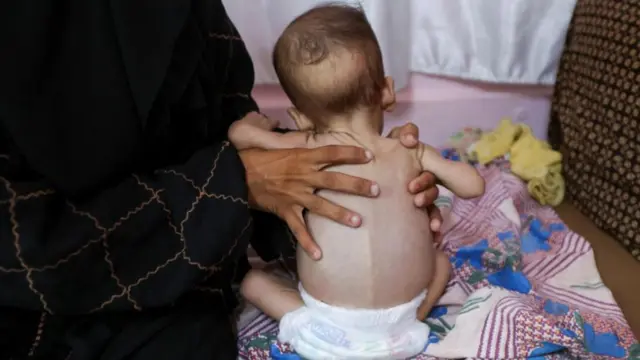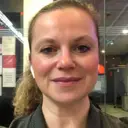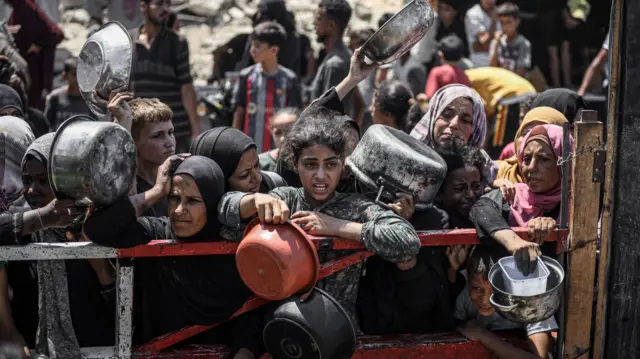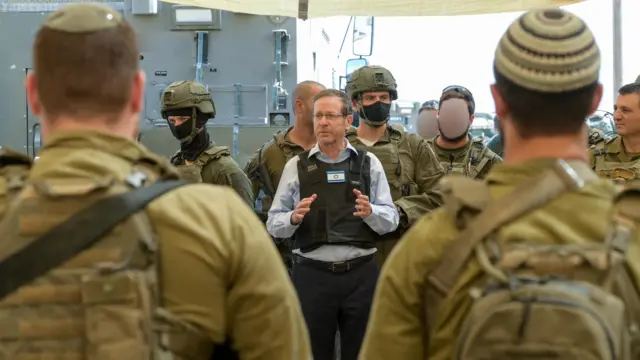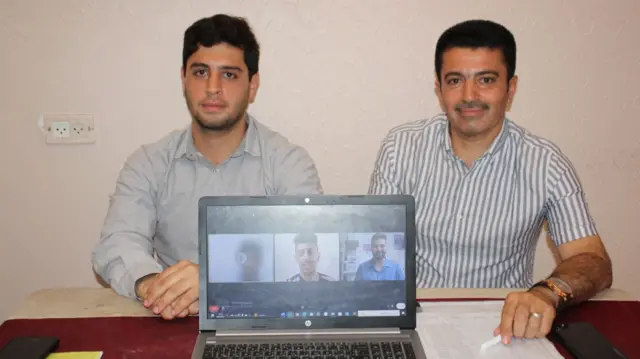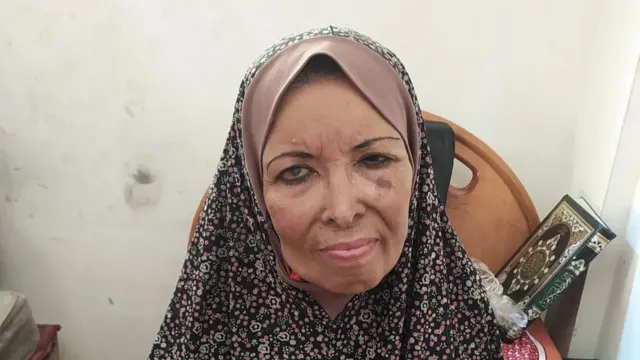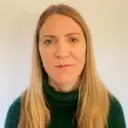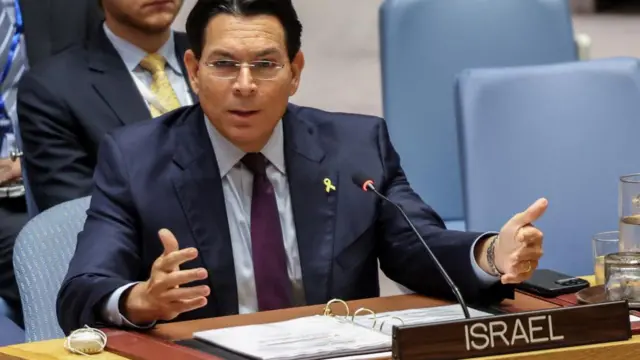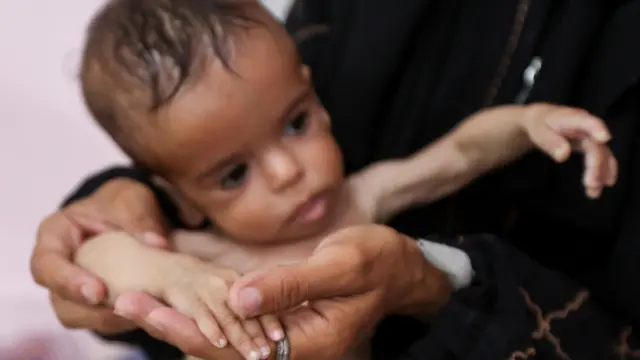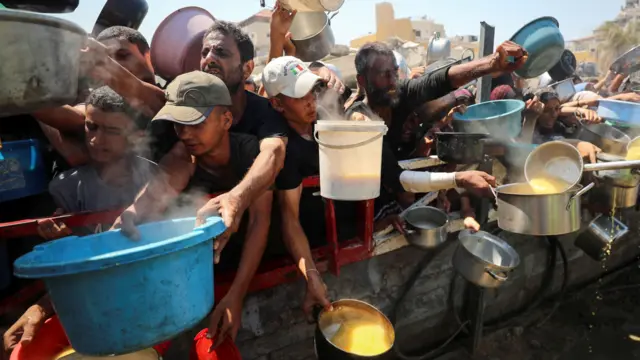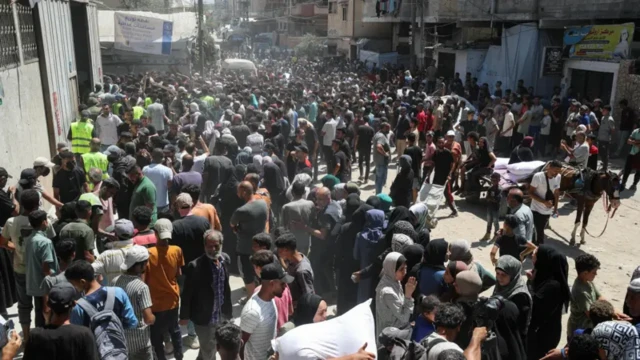Overwhelming evidence of mass starvation in Gaza, journalist tells BBCpublished at 09:58 BST 24 July
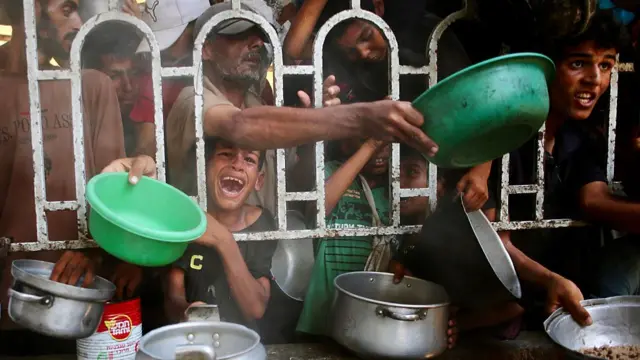 Image source, Getty Images
Image source, Getty ImagesSpeaking to BBC Radio 5 Live, the Independent's chief international correspondent Bel Trew says "it is very, very clear that 2.3 million people in Gaza do not have enough food to sustain themselves".
"We’re talking about the most respected human rights organisations and aid agencies on the planet who are struggling to get food to their own people," Trew says.
“I’m talking to doctors every day who are saying their staffers are having to have intravenous fluids before they can treat the malnourished."
She adds: "There is no question. There is mass starvation happening in Gaza... the levels of acute malnutrition are so high, some people are beyond saving."
More than 100 aid organisations released a joint statement this week "sounding the alarm" over what they describe as mass starvation across Gaza.
Earlier, Israel said 150 trucks carrying aid were collected by the UN and other agencies inside Gaza on Wednesday. They also say another 800 food trucks are waiting to be picked up, but agencies blame the Israeli government for obstructing aid distribution.
